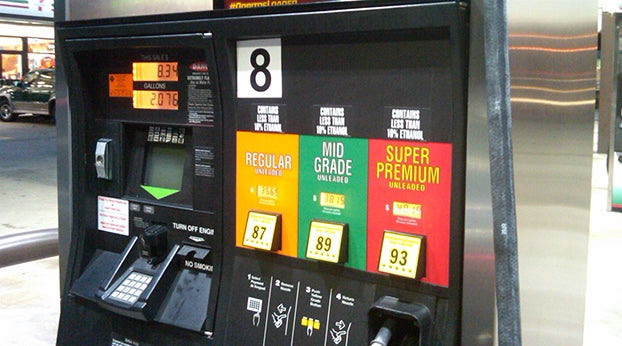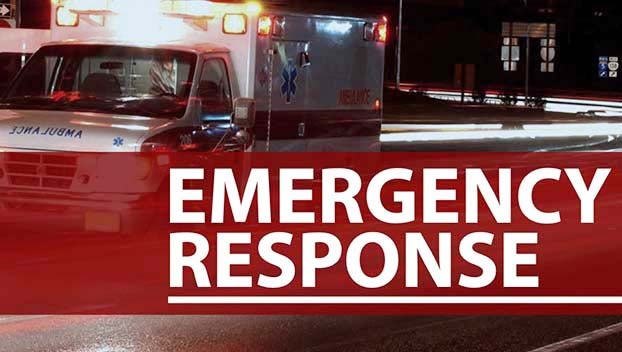$4 gas the tipping point for most Americans
Published 6:29 am Thursday, March 10, 2022
New survey data from AAA finds that two-thirds of Americans felt gas prices were too expensive just a few weeks ago at $3.53 per gallon. Now with the national average at an all-time high of $4.32 as of March 10, Americans may have reached a tipping point. Over half (59%) said they would make changes to their driving habits or lifestyle if the cost of gas rose to $4 per gallon. If gas were to reach $5.00, which it has in the Western part of the country, three-quarters said they would need to adjust their lifestyle to offset the spike at the pump.
In Kentucky, gas prices reached $4.04 as of March 10. The average price for a gallon of unleaded in the commonwealth is now approaching the all-time high of $4.09, reached in 2008.
Among Americans who said they would make changes in response to higher gas prices, a majority (80%) said they would opt to drive less, with some differences among age groups:
- 18 to 34 year-olds are almost three times as likely as those 35 and over to consider carpooling (29% vs 11%), which would likely involve major changes to their daily travel plans.
- Those 35 and over are more likely to favor combining trips and errands (68% vs 52%) and to reduce shopping or dining out (53% vs. 43%).
While many Americans may adapt their daily habits to make up for higher gas prices, it likely won’t have as much of an impact on summer travel. AAA’s survey found that 52% of Americans have plans to take a vacation this summer. Of those, 42% said they would not consider changing their travel plans regardless of the price of gas.
Ripple Effects of Russia’s Invasion of Ukraine
Since the New Year, the national average has continued a steady climb due to strained supply and increased demand. But Russia’s invasion of Ukraine in late February caused oil prices to spike further and in the 14 days since the conflict began, the national average has risen $0.70 (as of 3/9/2022). These are numbers not seen at the pump since the financial crisis in 2008, the highest on record until this week (note: AAA historic data is not adjusted for inflation).
While the conflict continues on the far side of the globe, consumers will likely not see relief any time soon. AAA offers the following advice to help drivers ease some of the pain they’re feeling at the pump:
- Keep your vehicle in top shape with routine inspections and in between, make sure your tires are properly inflated. Underinflated tires are a drag on fuel economy.
- Map your route before you go to minimize unnecessary turnarounds and backtracking. Avoid peak traffic times and if possible go to “one-stop shops” where you can do multiple tasks (banking, shopping, etc.).
- Fuel economy peaks at around 50 mph on most cars, then drops off as speeds increase. Reducing highway speeds by 5 to 10 mph can increase fuel economy by as much as 14%.
- A car engine consumes one-quarter to one-half gallon of fuel per hour when idling, but a warm engine only takes around 10 seconds worth of fuel to restart. Where safe to do so, shut off your engine if you will be stopped for more than a minute.
- Use “fast pass” or “express” toll lanes to avoid unnecessary stops or slowdowns on the highway, where available.
- Only use premium gas in vehicles that recommend or require it. Paying for premium gas for a vehicle that takes regular is a waste of money and is of no benefit to the vehicle.
- To find the best gas price in your area, use the AAA Mobile App – Android I iPhone.
Survey Methodology:
The survey was conducted February 18-21, 2022 using a probability-based panel designed to be representative of the U.S. household population overall. The panel provides sample coverage of approximately 97% of the U.S. household population. Most surveys were completed online; consumer without Internet access were surveyed over the phone. A total of 1,051 interviews were completed among U.S. adults, 18 years of age or older. The margin of error for the study overall is 3% at the 95% confidence level. Smaller subgroups have larger error margins.






